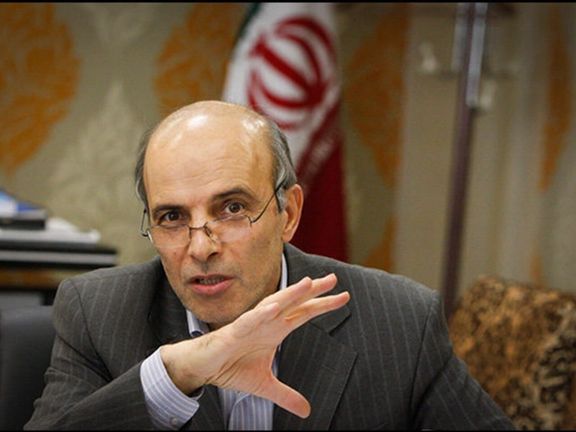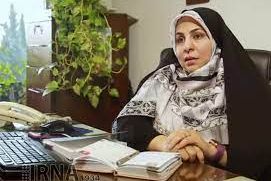Iranian Experts Warn About Unprecedented Wave Of Brain Drain

A new wave of emigration, sparked by the crackdown on last year's nationwide protests and a deep economic crisis, is reaching a critical point, according to experts.

A new wave of emigration, sparked by the crackdown on last year's nationwide protests and a deep economic crisis, is reaching a critical point, according to experts.
A massive wave of emigration happens when the economy is in crisis and there are other crises such as political and social alongside it, Dr. Saeid Moidfar, chairman of the Iranian Sociological Association, told the reformist Jamaran news website Wednesday.
Moidfar warned that Iran is now on the threshold of a very intense wave of emigration because those who want to leave believe that political and economic circumstances are not going to improve in Iran, the society’s values are losing their worth, and corruption and crime are on the rise.
“You reach the point where you think this is no longer a good place to live, and you should leave as soon as you can when you feel you are in a country where you are not involved in the decision making system, the country is not being run based on sound principles, your overall economic misery is increasing by the day, and social values are being sullied,” Moidfar said.

Iran’s economy has suffered years of mismanagement and international sanctions, which emanated from its foreign policy and a suspicious nuclear program. Iran’s currency has fallen 12-fold since 2018 and more than 6000-fold since the 1979 revolution. In 1978, one US dollar would buy 70 rials and now the exchange rate is close to 500,000.
According to Moidfar, people lost their hopes in the future of the country when they elected the moderate Hassan Rouhani for a second term in 2017 but were disappointed with the results. The government had no desire to respond to people’s wishes and it would have been prevented from doing so even if it wanted to, he argued.
The sociologist was probably referring to power wielded by Iran’s ruler Ali Khamenei, the Revolutionary and their hardliner supporters who were constantly besieging the Rouhani government.
“Since 2017 the country has been in deep crisis. All prospects of change have been lost and there is no hope for the future of this country any longer,” he said.
Also speaking to Jamaran on Saturday, the former President Rouhani criticized the ongoing purge of university professors that has outraged many Iranians and acknowledged that such purges would lead to a higher rate of emigration.
Observers say the dismissal of dissident professors may be a preemptive move to reduce the chances of campus protests on the first anniversary of Amini's death and that the regime wants to replace its ideological adversaries among the academia with those supporting its own ideology.

Somayeh Tohidlou, sociologist, told the reformist Etemad daily last week that ideological contradictions, the feeling of being humiliated, and the loss of dignity were among the most important factors contributing to the urge to leave.
“At least 6,000 doctors would not have left Iran this year if the government had an issue with the emigration [of professionals],” she said and argued the government has no problem with people leaving because those who leave, unlike those who support the regime, are ideologically undesirable and should be dispensed with.
Driven by economic and professional problems, as well as lack of social and political freedoms, an increasing number of Iran's healthcare professionals have been leaving the country in the past year, giving rise to the fear of serious deterioration of the country’s healthcare system but government officials refuse to acknowledge the problem.
According to Dr. Moidfar, it is now not just those with a high level of education or wealth who wish to leave but ordinary people who would not normally have thought of emigration are also dreaming of leaving the country.
Emigration of the younger generation and brain drain have plagued Iran for decades but the desire to leave has been growing much faster since last year’s suppression of the Woman, Life, Freedom protests, experts say.
There are no reliable figures on the number of people who have left Iran in the past year and secret because statistics on emigration is treated as a national security issue and kept secret.